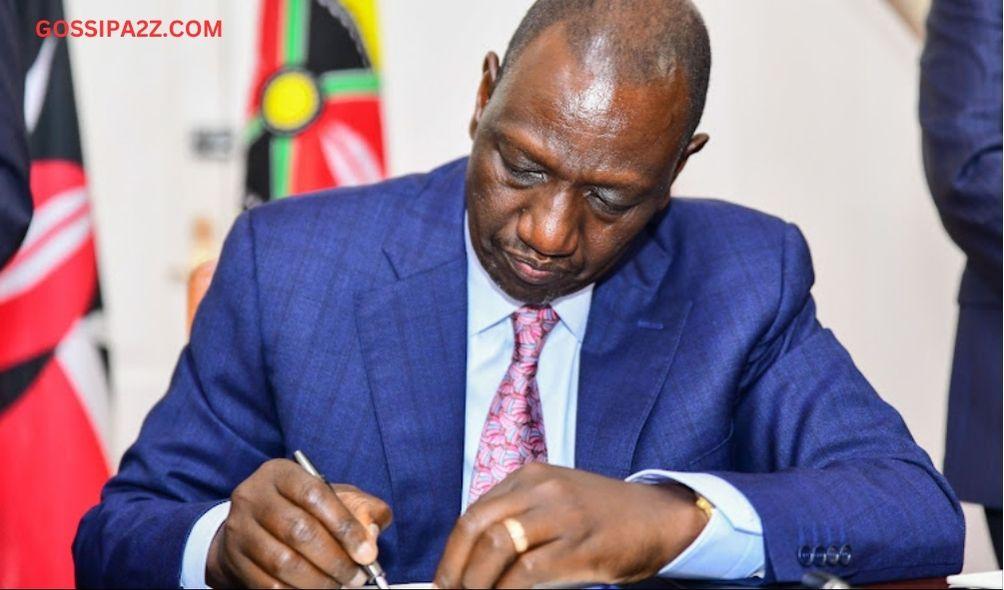Inside Ruto Plan to Grant Treasury CS New Tax Relief Powers: What the Bill Proposes
President William Ruto’s latest attempt to overhaul Kenya’s tax relief framework is generating controversy and raising concerns.
The proposed Tax Procedures (Amendment) Bill 2024 seeks to reinstate powers stripped by the Finance Act 2023, which was later invalidated by the courts.
This draft bill, greeted with mixed reactions, aims to reintroduce significant reforms in how tax relief is managed across the nation.
Central to this proposed legislation is the introduction of Section 37F, which would amend the Tax Procedures Act by offering a new approach to tax relief and tackling issues related to unpaid taxes.
Under the draft, tax relief could be granted if the Commissioner concludes that recovering outstanding taxes is either unfeasible, excessively difficult, or unfair.
This provision would allow the Cabinet Secretary for the National Treasury to approve relief for partial or full tax obligations or instruct the Kenya Revenue Authority (KRA) to take necessary action.
The new proposal requires the National Treasury Cabinet Secretary to publish a Gazette notice at least three times annually, listing taxpayers granted relief, justifications for the relief, and the amount of taxes written off. This is a shift from the previous twice-yearly notification requirement.
ALSO READ:
- “Two Groups, One Agenda”: Gachagua Accuses Raila of Secret Political Deals
- Exclusive: Ida Odinga’s 75th Birthday Party in Karen (Photos)
- FKF President Discloses Exact Amount Paid to Harambee Stars Players
- Gachagua’s Ally Senator John Methu Admits Ruto Might Win 2027 Elections
- Maraga Explains Why He Hasn’t Campaigned in Kisii Despite 2027 Bid
Additionally, the bill demands that these notices be submitted to the National Assembly, which will have the authority to approve or nullify them within 21 days of submission.
Opponents of the bill argue that these changes could enable potential abuse of tax relief measures. The debate is especially charged due to past controversies involving tax relief decisions.
For example, in 2022, the tax authority dropped a Ksh2.2 billion tax case against businesswoman Mary Wambui Mungai, who was later appointed by President Ruto as chairperson of the Communications Authority of Kenya—a move widely seen as influenced by political connections.
The proposal follows a March 2023 scandal, where the revenue authority faced scrutiny over Ksh20.3 billion in tax revenue written off between January 2018 and February 2023.
Supporters of the bill argue that the new provisions will boost transparency by increasing the frequency of public disclosures and involving the National Assembly in the approval process.
However, critics remain concerned that the increased discretionary power given to the Cabinet Secretary and the risk of manipulation could erode public trust.
Inside Ruto Plan to Grant Treasury CS New Tax Relief Powers: What the Bill Proposes
